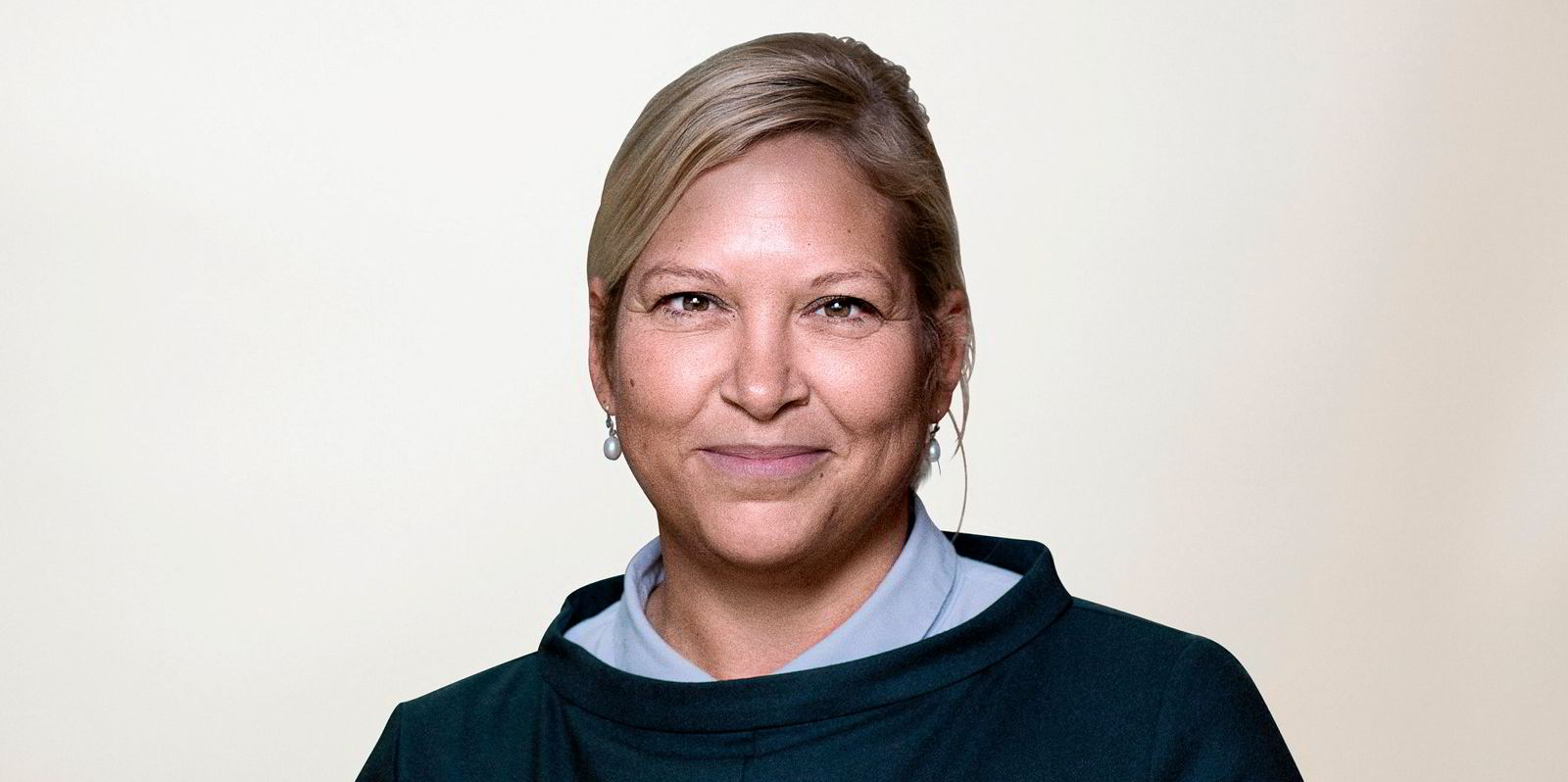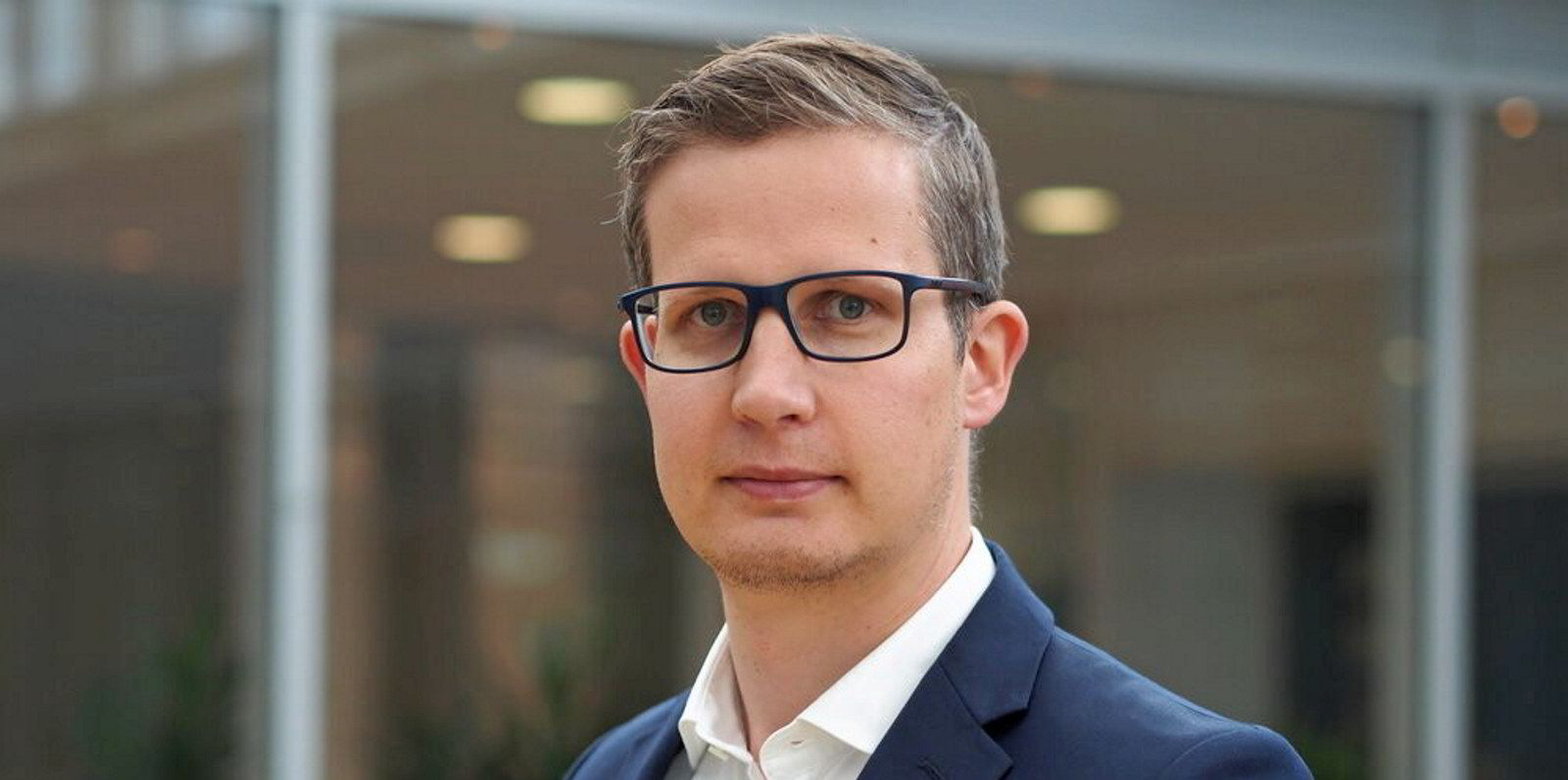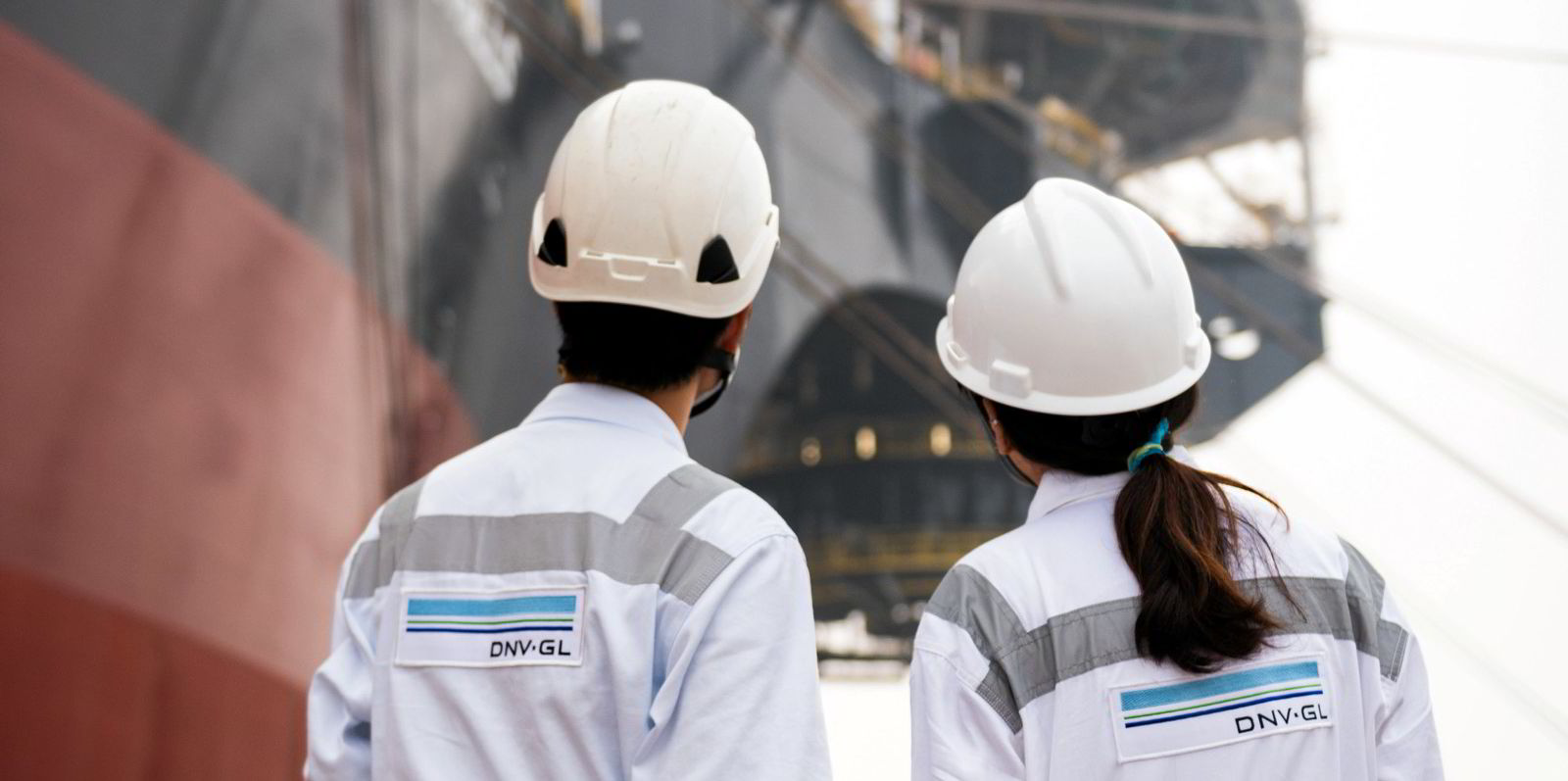Prominent shipping executives have called on the International Maritime Organization to set a zero-emission target for maritime transport by 2050 so the worst effects of climate change can be avoided.
The IMO is currently developing emission regulations based on its aim to chop inhalf greenhouse gas emissions from international shipping by 2050, compared with the 2008 levels.

But Maersk Tankers chief executive Christian Ingerslev, Torvald Klaveness CEO Lasse Kristoffersen, Trafigura’s executive director and co-head of oil trading Jose Maria Larocca, among some others, believe the goal needs to be more ambitious.
“The shipping industry must reach zero emissions by 2050, and to get there zero-emission ships must become the dominant and competitive choice by 2030,” they said in a joint statement sent to the World Economic Forum (WEF).
“A zero-emission fleet is only viable if zero-emission energy sources are competitive with traditional fuels, yet there is a competitiveness gap the market cannot solve by itself.
“It is critical for shipping's long-term success the International Maritime Organization and member states show progress by adopting regulation allowing shipping to decarbonize in line with the Paris Agreement.”
The statement was also signed by Henriette Hallberg Thygesen, executive vice president at AP Moller Maersk; Fred Krupp, president of Environmental Defense Fund; Johannah Christensen, managing director of Global Maritime Forum; Christoph Wolff, head of shaping the future of mobility at the WEF.
“With a sizeable carbon footprint that only shows signs of growing, and a decades-long investment horizon, shipping cannot afford to wait. For the world to decarbonise, shipping must decarbonise,” they wrote.
“New policies are needed, regulating and incentivising shipowners, operators and fuel providers in a direction that drives investments in new fuels and technology to enable a zero-emission fleet.”
IMO member states are due to hammer out more regulatory details in the two Martine Environment Protection Committee meetings later this year, the first to be held between 10 and 17 June and the second between 8 and 12 November.
Among the topics due to be discussed are a universal GHG levy, the viability of low- and zero-carbon fuels, and market-based measures aimed at promoting decarbonisation.
Debates over the International Maritime Research and Development Board, an industry-financed programme that focuses on zero-emission technologies, will also take place.
The shipping executives said the IMO must find ways to make zero-carbon energy sources more competitive commercially during the two meetings.
“Progress this year is needed to instil confidence across the maritime value chain that such measures will enter into force in 2025 and make the transition to zero-emission shipping investable at scale,” they wrote.
The statement suggested a price on emissions based on a full life-cycle analysis of fuels could be key to success.
“The required price on GHG emissions from international shipping needed to reach 5% zero-emission fuels by 2030 can be significantly reduced if the generated revenue from a market-based measure is used to support the deployment at scale of zero-emission vessels and fuels,” the executives added.
“This would also help de-risk first movers and make investments in zero-emission vessels and fuel production possible.”






